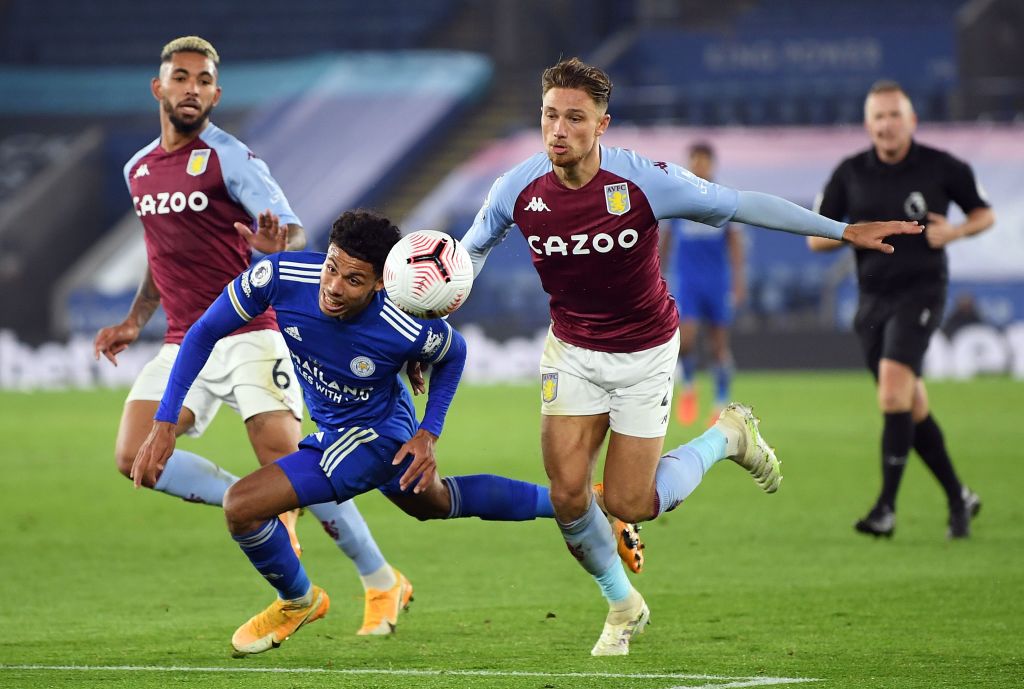Here’s why sport is still a good bet in a recession

There has been a re-awakening. Have you felt it?
If you haven’t quite felt it, you’ll have certainly seen the force with which live sport returned to our screens as professional leagues worked hard to piece together a schedule to meet fans’ desire for relative normality.
And boy was the audience growing impatient for it.
As early as the end of March, just as the UK went into full lockdown, a survey found that 38 per cent of males under 40 claimed watching live sport would be what they would miss most as a consequence of the pandemic, way ahead of simply feeling safe to go outside or social interaction with friends and family.
They weren’t lying. The audience figures for televised sport since the return of the Premier League in June have been consistently high, with Sky Sports claiming its best ever day of viewing figures on the first Sunday in October when 14m people tuned in.
This obsessive enthusiasm is of course what makes sport such a compelling proposition for broadcasters and sponsors. It is what has provided the momentum behind one of undisputed financial success stories of the 21st century.
Of course, it’s difficult to quantify obsession but recent research by M&C Saatchi Sport & Entertainment found that, for nearly half of fans, their support defines them more than their religion.
Nearly one in three attended as many matches as they could afford and a similar number admitted they would skip a wedding to go to a match.

It is this level of passion that sport needs to get through what is perhaps the greatest threat it has faced outside of world wars.
To put it bluntly, sport needs that passion to spur fans into keeping spending the money that will ensure its ongoing viability.
Food, water, sleep and… Sky Sports?
From this point of view – and despite the fact that the pandemic slowdown has caused the economy to spiral into recession – history shows us that there are grounds for optimism.
Most people under 30 were too young to be working when we last experienced a major global recession a little over a decade ago.
In stark contrast to the credit crunch-induced contraction of large swathes of the economy, sport, and the entertainment industry in general, remained buoyant throughout.
It turned out that people bet on their passions to help see them through the dark times rather than giving up on them in the name of belt-tightening.
Whatever pressure people felt on their finances, it seemed that the things they wanted to hang on to most were the things that made them happiest.
To the most basic of Maslow’s hierarchy of human needs – food, water, sleep and so on – perhaps we can add a Sky Sports subscription?
Given the unique limitations on fandom presented by the pandemic, it’s possible many sport fans would add the chance to buy a season ticket for their club to that list of needs too.
The fact that they can’t poses the question that the recession didn’t. That is, if fans can’t get into grounds, how else are they going to spend money?
After all, sport relies on more than just broadcast revenue, no matter how significant the investment by TV companies is to their bottom line, and outside of Premier League football, the long-term disappearance of ticket revenue is an existential threat.

Getting fans back into stadiums is the problem that sporting bodies and, let’s not forget, the government, need to tackle as soon as possible.
In the meantime, perhaps the biggest test of fans’ commitment will be whether they are willing to dig deep and pay £14.95 for games via the Premier League’s pay-per-view package.
Designed to allow fans to watch every game live while also shoring up clubs’ coffers, the initial response from supporters has not been hugely sympathetic.
There is no doubting fans’ passion for live sport but the big question for sporting bodies and clubs is just how much patience – and money – they have to expend before they can swap the comfort of their sofa for the visceral thrill of a stadium seat.
Neil Hopkins is global head of strategy at M&C Saatchi Sport and Entertainment.